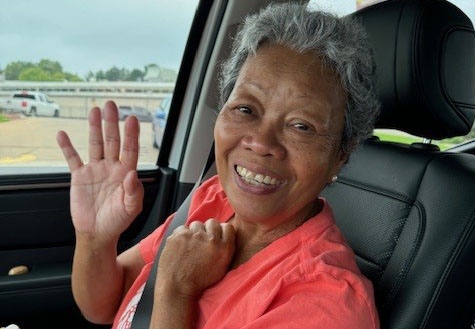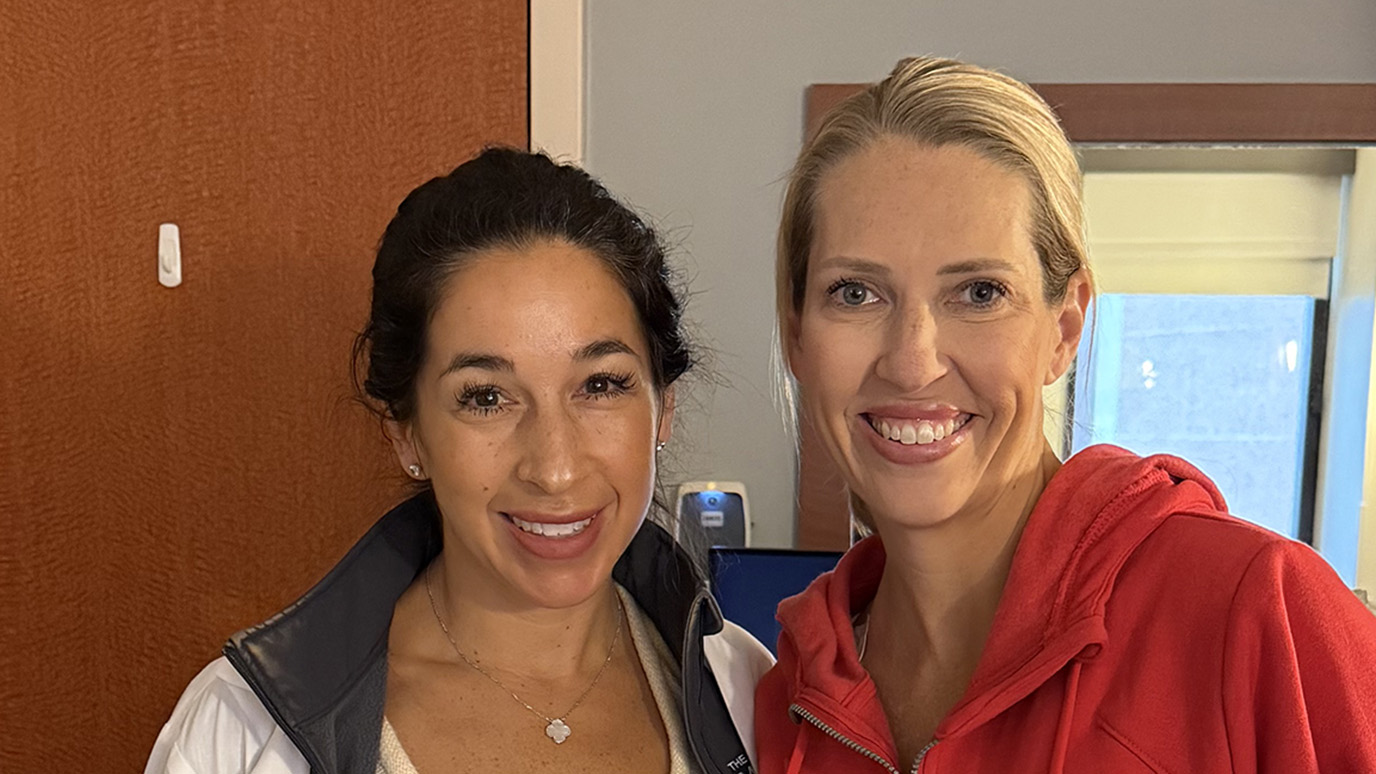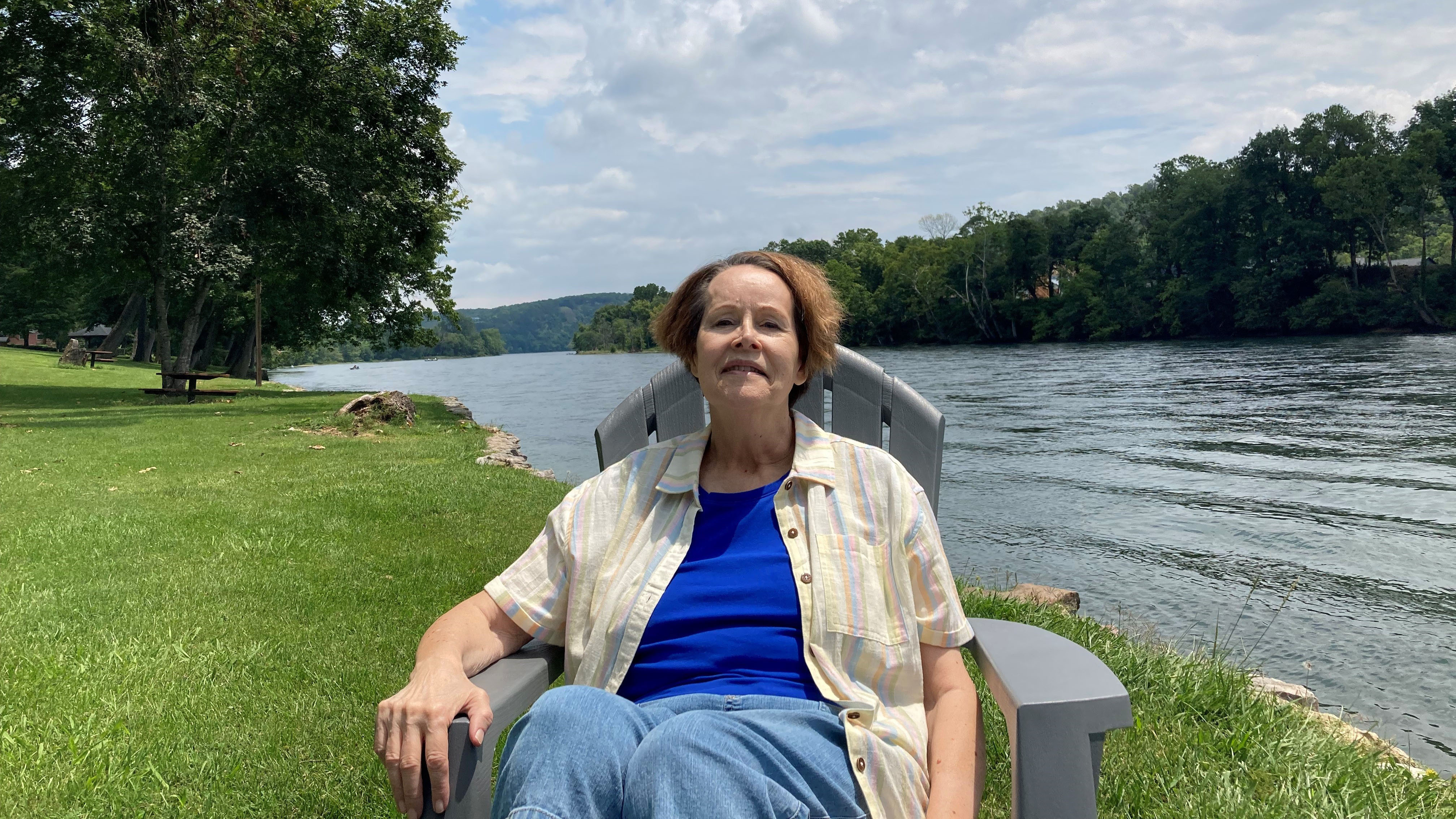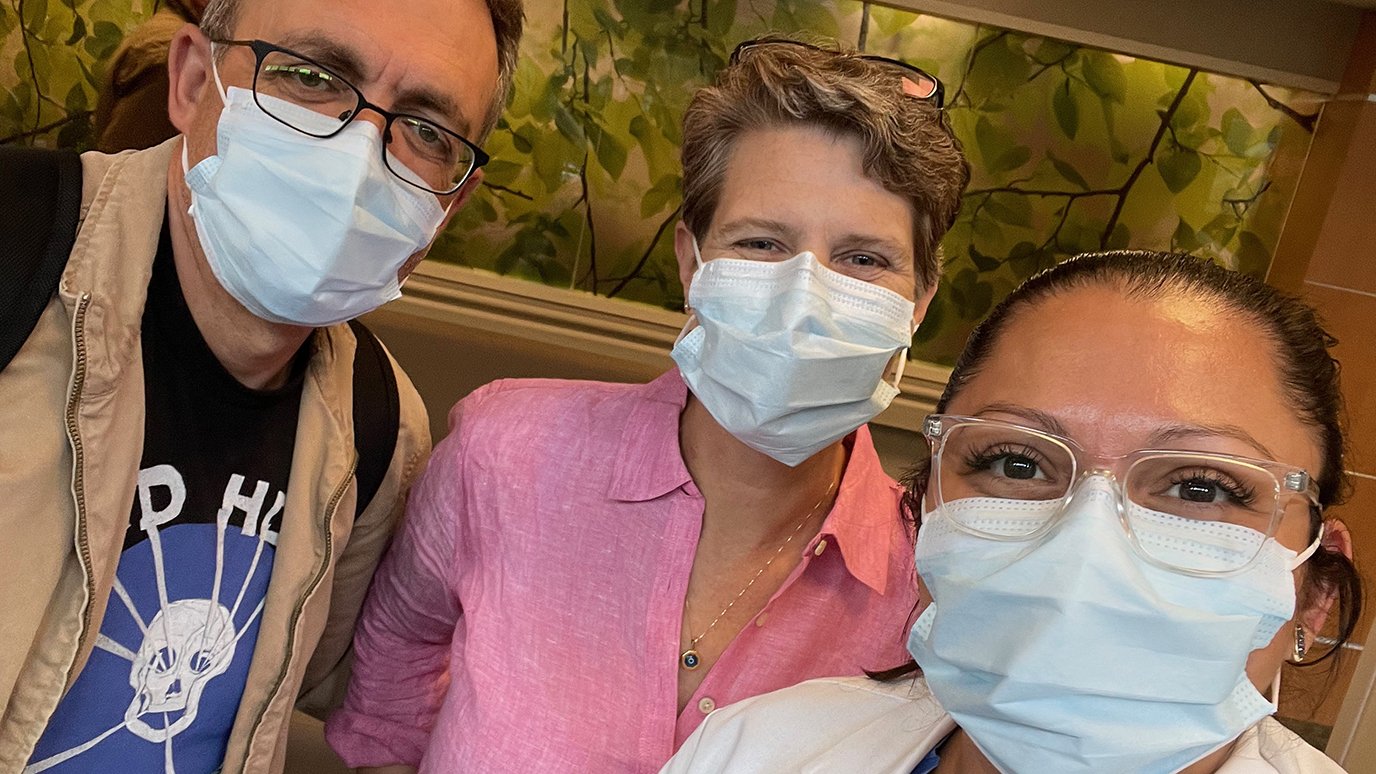- Diseases
- Acoustic Neuroma (14)
- Adrenal Gland Tumor (24)
- Anal Cancer (68)
- Anemia (2)
- Appendix Cancer (16)
- Bile Duct Cancer (28)
- Bladder Cancer (68)
- Brain Metastases (28)
- Brain Tumor (236)
- Breast Cancer (712)
- Breast Implant-Associated Anaplastic Large Cell Lymphoma (2)
- Cancer of Unknown Primary (4)
- Carcinoid Tumor (8)
- Cervical Cancer (158)
- Colon Cancer (166)
- Colorectal Cancer (106)
- Endocrine Tumor (4)
- Esophageal Cancer (40)
- Eye Cancer (36)
- Fallopian Tube Cancer (6)
- Germ Cell Tumor (4)
- Gestational Trophoblastic Disease (2)
- Head and Neck Cancer (2)
- Kidney Cancer (124)
- Leukemia (352)
- Liver Cancer (50)
- Lung Cancer (290)
- Lymphoma (286)
- Mesothelioma (14)
- Metastasis (30)
- Multiple Myeloma (102)
- Myelodysplastic Syndrome (64)
- Myeloproliferative Neoplasm (4)
- Neuroendocrine Tumors (16)
- Oral Cancer (102)
- Ovarian Cancer (176)
- Pancreatic Cancer (172)
- Parathyroid Disease (2)
- Penile Cancer (16)
- Pituitary Tumor (6)
- Prostate Cancer (148)
- Rectal Cancer (58)
- Renal Medullary Carcinoma (6)
- Salivary Gland Cancer (14)
- Sarcoma (234)
- Skin Cancer (294)
- Skull Base Tumors (54)
- Spinal Tumor (12)
- Stomach Cancer (58)
- Testicular Cancer (28)
- Throat Cancer (92)
- Thymoma (6)
- Thyroid Cancer (98)
- Tonsil Cancer (32)
- Uterine Cancer (78)
- Vaginal Cancer (14)
- Vulvar Cancer (18)
- Cancer Topic
- Adolescent and Young Adult Cancer Issues (20)
- Advance Care Planning (8)
- Biostatistics (2)
- Blood Donation (16)
- Bone Health (8)
- COVID-19 (362)
- Cancer Recurrence (120)
- Childhood Cancer Issues (120)
- Clinical Trials (624)
- Complementary Integrative Medicine (22)
- Cytogenetics (2)
- DNA Methylation (4)
- Diagnosis (220)
- Epigenetics (6)
- Fertility (62)
- Follow-up Guidelines (2)
- Health Disparities (14)
- Hereditary Cancer Syndromes (122)
- Immunology (18)
- Li-Fraumeni Syndrome (8)
- Mental Health (116)
- Molecular Diagnostics (8)
- Pain Management (64)
- Palliative Care (8)
- Pathology (10)
- Physical Therapy (18)
- Pregnancy (18)
- Prevention (870)
- Research (402)
- Second Opinion (74)
- Sexuality (16)
- Side Effects (600)
- Sleep Disorders (10)
- Stem Cell Transplantation Cellular Therapy (216)
- Support (402)
- Survivorship (322)
- Symptoms (180)
- Treatment (1760)
Tumor profiling gives lung cancer patient targeted therapy option
5 minute read | Published May 28, 2021
Medically Reviewed | Last reviewed by an MD Anderson Cancer Center medical professional on May 28, 2021
Steve Castellaw got much more than a haircut when he went to see his stylist. He also got the first clue that led to his lung cancer diagnosis.
The real estate broker from Highlands, North Carolina was sitting in the hairdresser’s chair when she pointed out something odd.
“Do you know you have a lump on the side of your head?” the stylist asked, as she guided her client’s hand to a dime-sized bump just above his left ear.
“I was really puzzled,” Steve recalls. “I’d never noticed that before.”
He made a mental note to mention it during his upcoming yearly physical.
It’s a good thing he did. A biopsy revealed the spot was cancerous. An MRI, followed by a full-body CT scan, showed the cancer originated in Steve’s lungs, then spread to his lower spine, pelvis and skull – where it finally revealed itself in the form of a bump.
He’s grateful for that telltale lump. Without it, the lung cancer would have continued to spread.
“I had no idea anything was wrong,” he says. “When my doctor told me I had cancer, you could have knocked me over with a feather. I had no symptoms at all. I was feeling great.”
The treatment that ultimately controlled his cancer growth, a targeted therapy called sotorasib, was approved by the Food and Drug Administration (FDA), based on clinical trials co-led by MD Anderson.
The best place to be for lung cancer treatment
Steve's doctor urged immediate treatment. That’s when Steve’s wife, Karen, took the reins.
“I knew about MD Anderson's reputation for excellence," she says. "I wanted my husband to have the best.”
Five days later, Steve and Karen were on a plane heading to Houston.
They met with MD Anderson lung cancer specialist Frank Fossella, M.D., who spelled out the treatment plan: Three months of chemotherapy, followed by the immunotherapy drug Keytruda, which would spur Steve’s own immune system to seek out and destroy cancer cells while sparing healthy cells.
Steve began treatment in April 2018. By November, his tumors had shrunk and he was nearing remission, which occurs when all signs and symptoms of cancer have disappeared. But a CT scan performed in January 2019 showed the cancer was creeping back. The immunotherapy had stopped working.
“Relapses are not unexpected with immunotherapy,” Fossella explains. “Cancer responds to the drugs for a period of time in some patients, but then ultimately develops some form of resistance.”
A targeted therapy clinical trial option, thanks to tumor profiling
It was time to try something different. Fossella arranged for tissue from Steve’s tumor to be sent to a lab for genetic testing – a practice known as tumor profiling. The test revealed that Steve’s cancer was caused by a genetic mutation called G12C, located in the KRAS gene.
In healthy cells, the KRAS gene makes a protein, also called KRAS, that acts like a molecular switch, cycling between “on” and “off” to keep cell growth in check. But in people with the G12C mutation, the switch spends more time than normal stuck in the “on” position, which allows cells to grow out of control. This unchecked cell growth leads to cancer.
Roughly 13% of all non-small cell lung cancers – the most common type of lung cancer, which Steve has – are associated with the G12C mutation. It’s also linked to several other cancers, including pancreatic and colorectal.
Fossella recommended Steve participate in a clinical trial of a targeted therapy drug named AMG-510 (scientific name sotorasib). The drug is designed to zero in on, then deactivate, the KRAS G12C mutation. On Friday, May 28, 2021, sotorasib was approved by the FDA for treatment of metastatic KRAS G12C-mutated NSCLC.
“The G12C mutation is associated with particularly poor outcomes, so patients need treatments that work,” says David Hong, M.D., who led the Phase I clinical trial at MD Anderson. Ferdinandos Skoulidis, M.D., Ph.D., led the Phase II clinical trial at MD Anderson and will present the results at the 2021 American Society of Clinical Oncology (ASCO) Annual Meeting.
“The regulatory approval of sotorasib represents a major landmark for patients with KRAS G12C-mutated lung cancer, who now have an approved targeted therapy option,” Skoulidis says.
KRAS was identified more than 30 years ago, Hong says, but it remained “undruggable” because its surface is exceptionally smooth, with no obvious place for a drug to attach and get a foothold. AMG-510 uses a previously hidden groove to latch onto KRAS and target the mutation within. The drug is the first therapy to target KRAS mutations.
“Identifying the specific genetic mutation behind each patient’s cancer helps us choose treatments that are best for them,” says thoracic surgeon Ara Vaporciyan, M.D. “Patients with the same type of cancer will not necessarily react the same way to the same drugs. Analyzing a patient’s tumor at the molecular level helps us identify which treatments their cancer is likely – or not likely – to respond to.”
A better response with combination therapy
Steve has been participating in the AMG-510 clinical trial since Feb. 2019. In June, a CT scan revealed that his cancer has grown “just a little bit.”
“Dr. Hong said my cancer likely would have spread much more without the drug,” he says. “I’ll count that as a win.”
Hong is adding a second anti-cancer drug named trametinib to Steve’s treatment regimen to open the door to a better response.
Celebrating another birthday
Back in North Carolina, Steve is exercising five days a week, playing golf three times a week, and staying busy listing properties for sale in the quaint and scenic town of Highlands, located high atop a plateau in the southern Appalachian Mountains.
“My lifestyle has changed very little since I was diagnosed with cancer,” he says. “I still do what I did before my diagnosis.”
He credits MD Anderson and his hairdresser with allowing him to recently celebrate his 75th birthday.
“Without them,” he says, “I might not be here.”
Request an appointment at MD Anderson online or by calling 1-855-602-7230.
Related Cancerwise Stories

Dr. Hong said my cancer likely would have spread much more without the drug.
Steve Castellaw
Survivor





